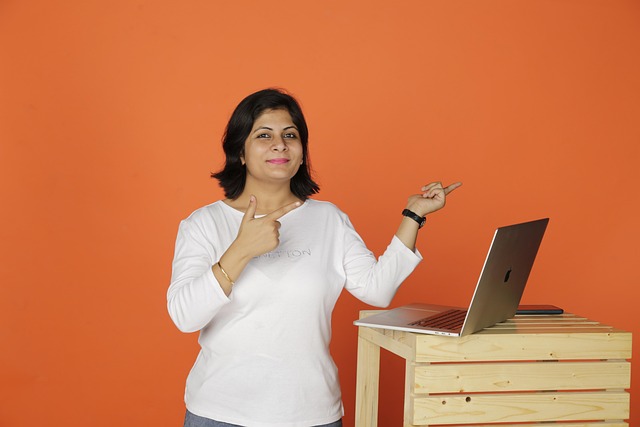WordPress has become one of the most popular and widely used content management systems (CMS) in the world. With over 40% of all websites on the internet running on WordPress, it has proven to be a reliable and versatile platform for individuals and businesses alike. Many people are drawn to WordPress for its user-friendly interface, customizable features, and extensive library of plugins and themes. In this article, we will delve into one of the most popular topics in the world of WordPress – using it as a blogging platform.
Section 1: Getting Started with WordPress
If you are new to WordPress, the first step is to set up an account and create a website. This can be done in a few simple steps. First, you will need to choose a domain name and hosting provider. A domain name is the address of your website, and a hosting provider is where your website will be stored. There are many hosting providers to choose from, and some even offer managed WordPress hosting, which takes care of the technical aspects of running a WordPress site.
Once you have your domain name and hosting provider, you can install WordPress on your website. Most hosting providers have a one-click installation process, making it easy for even beginners to get started. After installation, you will be prompted to choose a theme for your website. WordPress offers a wide range of free and paid themes that can be customized to fit your needs. It is important to choose a theme that is responsive and visually appealing to engage your audience.
Section 2: The Benefits of Using WordPress for Blogging
WordPress was initially created as a blogging platform, and it still remains one of the best options for bloggers. One of the main benefits of using WordPress for blogging is its user-friendly interface. The dashboard is easy to navigate, and you can quickly create and publish blog posts. You can also schedule posts for a future date, making it convenient for bloggers who want to plan their content in advance.
Another advantage of using WordPress for blogging is its SEO-friendly features. WordPress allows you to optimize your blog posts for search engines by adding meta descriptions, tags, and categories. It also has built-in features that help improve your website’s overall SEO, such as clean code, responsive design, and fast loading times. This can help your blog posts rank higher in search engine results, driving more traffic to your website.
Section 3: Customizing Your Blog with Plugins and Themes
One of the reasons why WordPress is so popular is its extensive library of plugins and themes. Plugins are add-ons that can enhance the functionality of your website, while themes control the design and layout. There are thousands of free and paid plugins and themes available, giving you endless possibilities for customizing your blog.
Some essential plugins for bloggers include Yoast SEO, which helps with optimizing your blog posts for search engines, and Akismet, which protects your blog from spam comments. You can also find plugins for social media integration, contact forms, and email marketing. These plugins can help you create a more interactive and engaging blog for your readers.
When it comes to themes, there are endless options to choose from. You can find themes specifically designed for blogging, with features such as a clean and minimalistic layout, easy navigation, and customizable widgets. You can also find themes for different niches, such as fashion, food, or travel blogging. It is important to choose a theme that not only fits your blog’s content but also reflects your brand and personality.
Conclusion
In conclusion, WordPress is a powerful and versatile platform for bloggers. Its user-friendly interface, SEO-friendly features, and customizable options make it the go-to choice for many bloggers. By following the simple steps to set up a WordPress website, you can quickly get started on creating and publishing engaging blog posts. With the help of plugins and themes, you can customize your blog to fit your needs and stand out from the crowd. Whether you are a beginner or an experienced blogger, WordPress has everything you need to create a successful blog.

